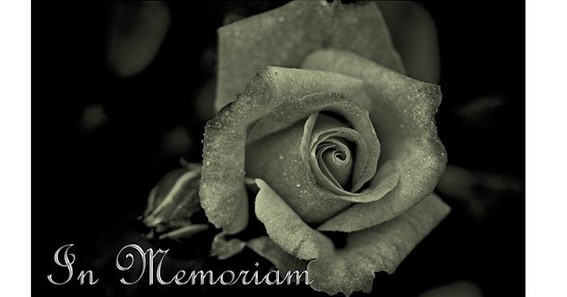When asking this question, people want a response that living, breathing humans are unable to provide. It segues into a discussion on the possibility of an afterlife and what happens to the soul or the spirit or your energy once the body dies.
The debates between religions are many, and then there are the scientific “facts” that can sometimes contradict the beliefs. So what should people focus on? Living.
The Physicality Of The Body After Death
The question of “what happens after death” can be interpreted in several ways. You could be wandering into the subject of where all this energy goes, and there will be a number of responses depending on your personal belief system and based on scientific credibility.
An easier way to look at the question is by considering the physicality of what happens to our body once death takes us. These details physicians, neurosurgeons, the medical community can reveal. That’s what we’re going to focus on.
When death overtakes the body, a few processes occur while systems begin to shut down; it’s intricate, complex, and extensive. It is grim, as most would expect, but if you’re considering what’s happening with your loved ones, it can add some perspective. Let’s try to go through each step.
-
The heart is no longer beating
During the process of dying, the vital functions stop.
Medical staff declares a person officially deceased when the heart is no longer beating. At that moment, the personnel announced death from the time the heart stopped. The breath ceases, and brain functionality is void.
Studies suggest that brain activity is possible for as long as several minutes following a declaration of death. When there’s brain activity, it doesn’t equate to awareness or having consciousness. The individual is not aware they’ve passed. Go to https://www.verywellhealth.com/what-happens-to-my-body-right-after-i-die-1132498 to learn what happens physically after you die.
A medical indication that a person has died would include the following:
- No heartbeat
- No breath
- No pulse
- No reflex response when tested
- No pupil dilation with bright light
After dying, the body withstands a rapid succession of changes within its next couple of days while adjusting to the new functionality.
Click here – Benefits of Divorce Lawyers
-
The muscles become loose with death
The muscles relax entirely to the point there is no longer a strain on any organs, including the bladder and bowel. That means if anything is remaining, the body will release it.
That can be a shock for loved ones, but it’s natural for a bowel movement or urination if these organs are not empty. The skin is also prone to sagging, making the bones more apparent.
-
The temperature of the body begins to drop significantly
The body temperature following death will begin to fall rapidly at a rate of roughly “1.5 degrees F each hour to the point it reaches room temperature.
-
The blood is no longer pumping throughout your body
With the heart stopped, the blood is no longer pumping throughout the body. The other bodily systems will ultimately start to die off at their own pace. The veins and arteries through which the blood is transported will develop pools of blood.
Gravity will pull the blood down toward the ground so that your skin develops areas that resemble bruising, while other places are incredibly pale due to the lack of blood.
-
The body begins to stiffen
In a state of what’s referred to as “rigor mortis,” the body begins to stiffen. It initially affects the face, followed by the neck. This progresses on toward the trunk and will gradually work its way to the arms, legs and then affect the fingers and the toes.
-
The body becomes relaxed again
The stiffness relieves a few days after death, and the body is again relaxed after the tissue breaks down.
Is Dying Painful
One of the questions most people probably want to know more than physicality or what happens to our energy after dying is whether it hurts to die. A lot of people, most of us, are scared of death to a degree.
Again, when you’re going through the death experience, you’re usually not cognizant of being able to express whether or not you’re in pain. Go here for an idea of what happens with your brain when you die.
Suggestions indicate that a body could experience different pain responses during death. The consensus is that your death cause and access to pain control will be factors. Some people die abruptly with no indication of illness and no suffering or episodes of pain.
In other instances, dying bodies are in a fight or flight mode, doing all they can to survive. That in itself is painful, particularly without meds.
Click here – Managing Crisis in India: The Importance of Effective Communication Planning
For someone losing blood to the extent it’s threatening their life, the supply they do have will go directly to the vital organs to maintain life, but the areas being deprived could hurt like extremities.
This is where medical personnel have the double duty of reducing pain and saving the life. Hospice facilities are the prime example of a scenario where people strive to fight for their lives, causing themselves intense pain. The care providers medicate to assist with comfort since survival is unlikely.
Final Thought
We’re all afraid of the unknown. Death brings the unknown, yet it’s a natural process we all must go through. You might wonder What happens when we die ; there’s no straightforward answer.
Still, when you have an idea of what dying looks like, it can help you face death or that of a loved one, making you a little better prepared.






